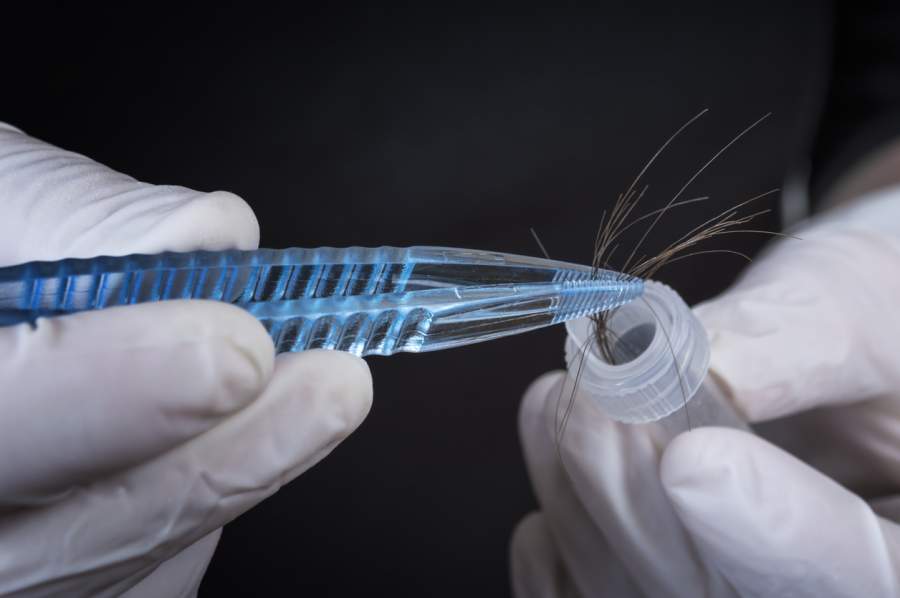Forensic Criminology is a field that involves investigating actions, assessing crime, and understanding the behaviors behind criminal activities amongst several other requirements. If you have an interest in the law and our justice system or are intrigued by psychology and the behavioral patterns of people involved in crime, forensic criminology could be a great career field for you. People who work in this role help to prevent crime by understanding criminal attitudes. Forensic criminologists work alongside the authorities with the use of their expertise and skills and are typically educated to a degree level.
Understanding the Role of a Forensic Criminologist
Forensic criminologists focus on the psychological aspects of crimes to determine types of criminal behavior and the after-effects that felonies leave on any victims involved. Their work aids courts and lawmakers in the decisions that are made when enforcing procedures and policies.
Some people may confuse forensic criminologists with forensic scientists; however, the responsibilities of forensic scientists and forensic criminologists are different. While forensic scientists study evidence and samples from a crime scene, it is the forensic criminologist’s job to observe the demeanor and nature of lawbreakers. It is their job to analyze the whole personality of the criminal, understanding their mindset so it is possible to target the causes behind their past and current crimes.
Learning about their victims is also an essential factor in the job of assessing the criminal’s behavior. Great communication skills and the ability to think critically are useful attributes when choosing to work in this sector. Forensic criminology does require scientific research and scientific capabilities, which is usually why confusion on the differences between these roles can arise.
An Interest in Supporting the Justice System
Supporting the criminal justice system plays a huge part in the role of a forensic criminologist. From testifying in court to working alongside the law at crime scenes, expert knowledge is an important necessity when it comes to solving and preventing crime. There are many questions asked at trials to help the judge and jury understand exactly how the crime happened, meaning the criminologist’s full understanding of the criminal’s frame of mind is incredibly useful information to the court when coming to a fair and justifiable verdict.
Being Able to Work with the Mentally Ill
Adjusting the approach and perspective of how criminals are investigated is expected when working as a forensic criminologist. Recognizing what motivates any criminal to commit a crime is part of the job, and you will find different backgrounds, reasons, and circumstances in most cases. Crimes committed by someone suffering from a mental disorder must be approached with a specific set of questions, such as does their mental illness affect their ability to think clearly? The treatment strategies taken with mentally ill offenders are intended to help understand their behavioral functioning and improve their ability to cope.
Before sending mentally ill criminals to trial, a medical report is obtained and considered. In cases where there is mental health disposal from the court, satisfactory treatment and management for the offender will be available.
Getting Your Forensic Criminology Degree
Criminology enthusiasts do not always have to attend college to gain their education. A Combined Honours BA in Criminology and Policing can be achieved with institutions like Wilfrid Laurier Online, where you can also find what a typical day as a forensic criminologist involves. Completely online courses like these mean you can even study from home in a flexible way.
Deciding Where Your Criminology Career Will Take You
There are several paths you can take with a degree in criminology. Opportunities to work your way up in this career field can take you in many different directions, opening a wide range of options. Jobs with the government, social work, or working in prisons are just a few career avenues you could take. Think about what interests you the most when it comes to criminology and the criminal justice sector. Some other jobs besides a criminologist that you can accomplish with a criminology degree are:
- Police Officer
- Social Worker
- Detective
- Prison Officer
- Investigator
- Youth Probation Officer
- Criminal Psychologist
Overall, if you have a desire to pursue a career in criminology, it can be acquired through education and studying, even if you have no previous experience with the law.
























































